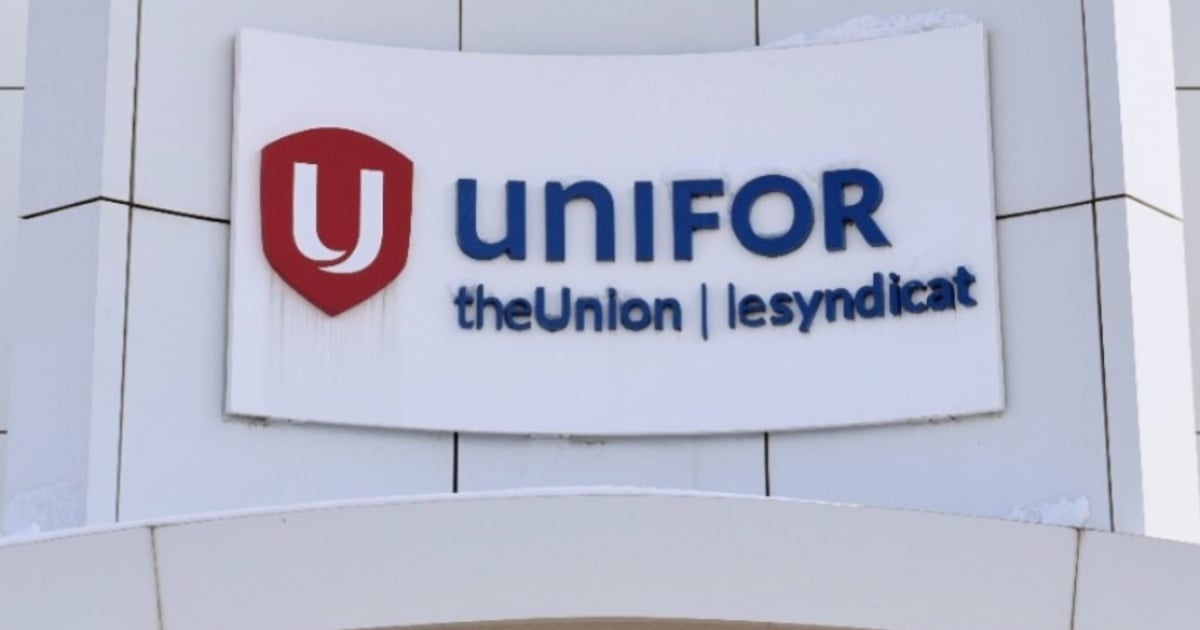
Unifor is considering the merits of negotiating a profit- sharing agreement for the first time in its history as it prepares for bargaining with the Detroit 3 automakers in August.
“We are asking our research department to do a deep dive into what that looks like,” said Dave Cassidy, president of Local 444, which represents hourly workers at Stellantis minivan assembly plant in Windsor, Ont. “There’s a lot of discussion around, ‘is it good? Is it bad? The devil is in the detail.”
Negotiations representing 22,000 hourly workers at Ford Motor Co., General Motors and Stellantis assembly and powertrain plants are expected to begin in August. Lana Payne, national Unifor president, is expected to select the union’s strike target on Labor Day weekend, said Cassidy.
The potential paradigm shift on profit-sharing follows news of unprecedented profit-sharing cheques Stellantis’ U.S. hourly workers are expected to receive this year.
“These are some of the largest checks that Stellantis U.S. has gotten in 35 years,” Cassidy said.
This year, Stellantis workers were slated to receive an average of $14,760 in profit sharing checks, a record high. GM workers will get an average of $12,750 and Ford workers will get an average of $9,176.
Each automaker has a formula to calculate the amount of compensation, but generally the amounts are based on the number of hours worked.
Unifor recently sent out questionnaires to its members in preparation for bargaining this fall, asking them to highlight their priorities; profit-sharing is something they’d like their bargaining committee to consider.
“Yes, we are exploring it,” Cassidy said. “It is important to us because it’s important to our members. I want to make sure people understand that this is not Dave Cassidy. This is not the national union. This is what our members are talking about, and our mandate is to make sure we bring home what our members want us to bring home, not what Cassidy thinks or anybody else. It’s what the majority of our membership wants.”
The profit-sharing checks, which amount to a yearly bonus tied to the companies’ financial performance, were negotiated in the 1980s by the UAW.
Profit-sharing has long been resisted by the UAW’s Canadian counterpart, which instead pursued annual pay increases.
“Our principle has always been to put it into our wage increase and our cost of living,” Cassidy said. “We don’t get to control the way the company runs the business. That’s the downside I have always seen with profit- sharing.”
Cassidy said any profit-sharing agreement must consider many factors. For instance, would Canadian autoworkers be entitled to profit-sharing bonuses that are based on Canadian profits or North American profits? If the bonuses are based on attendance, are the weeks when plants are shut down included in the equation?
“That’s why I asked research to look at it to see what the verbiage is around it,” Cassidy said. “Or [we can] craft our own profit-sharing agreement and what our idea of it is. That’s what bargaining is all about.”
Automotive News contributed to this report.